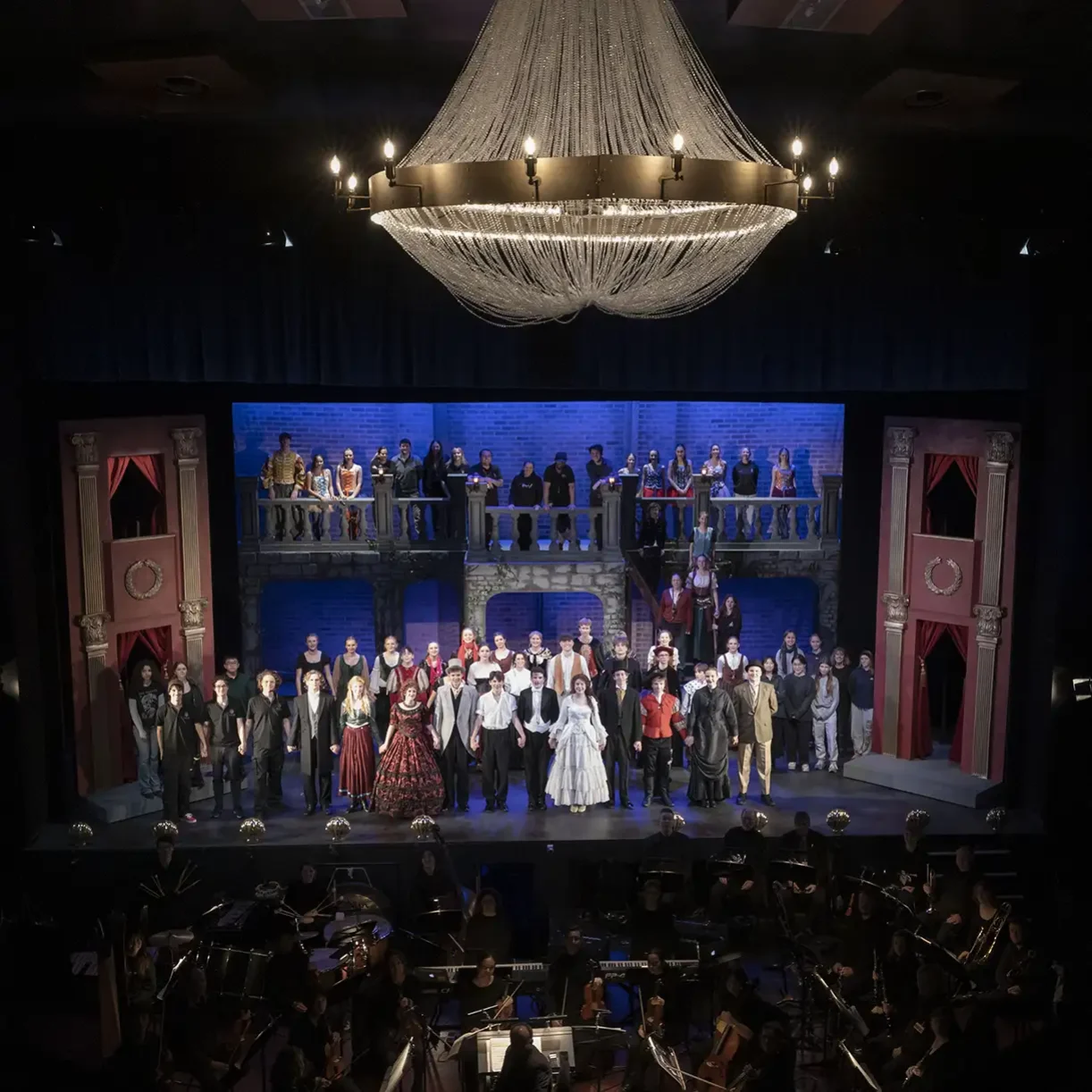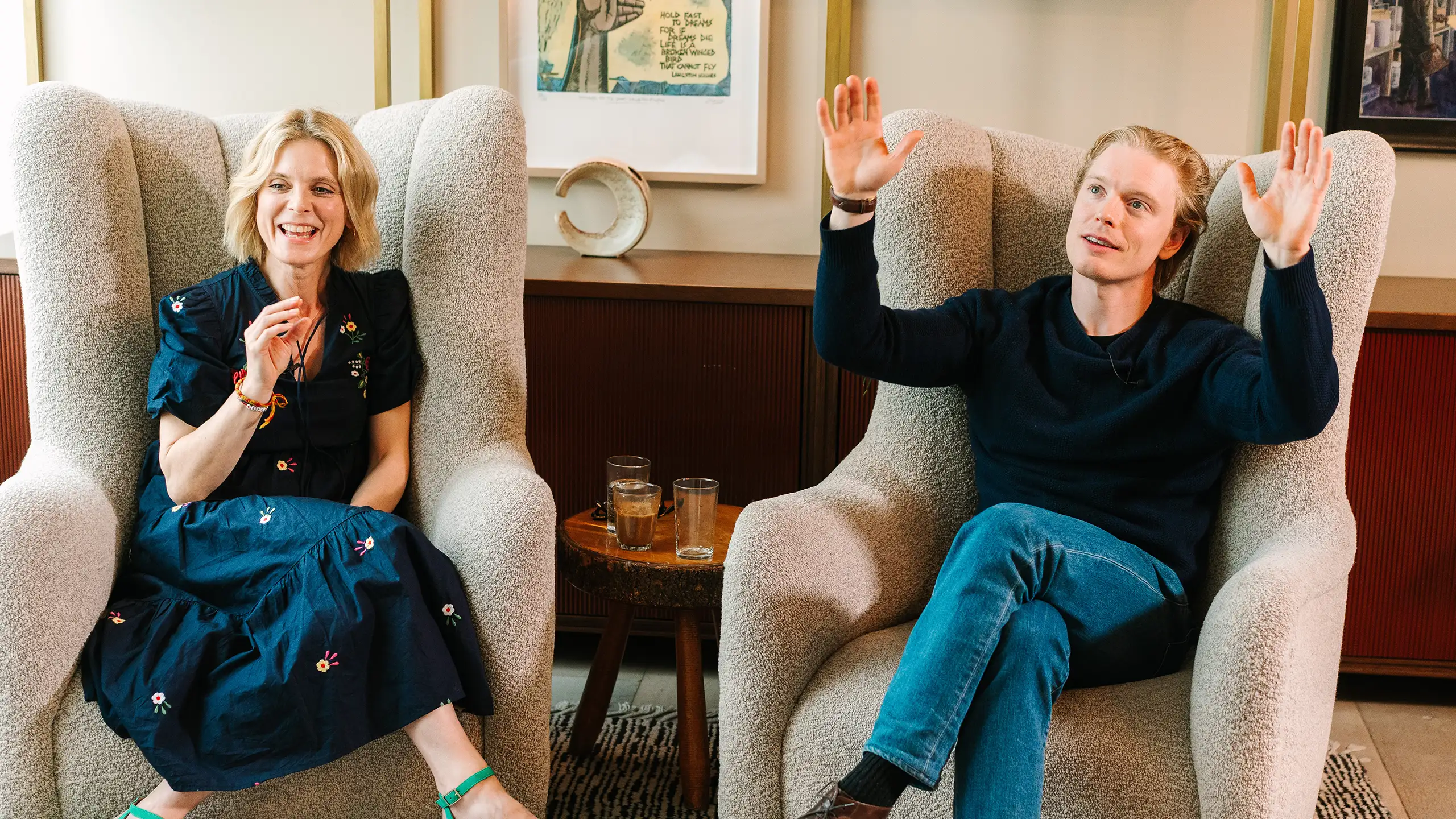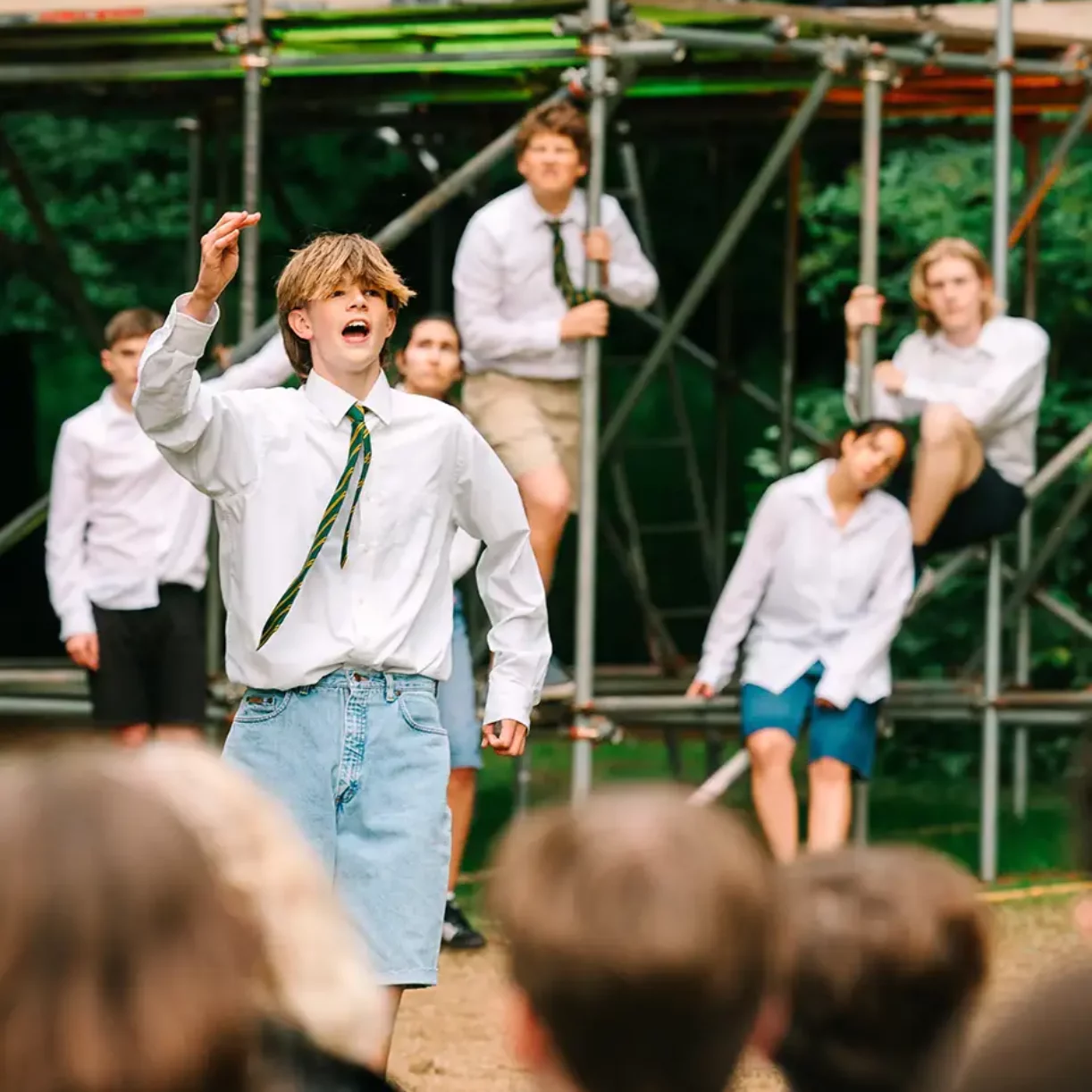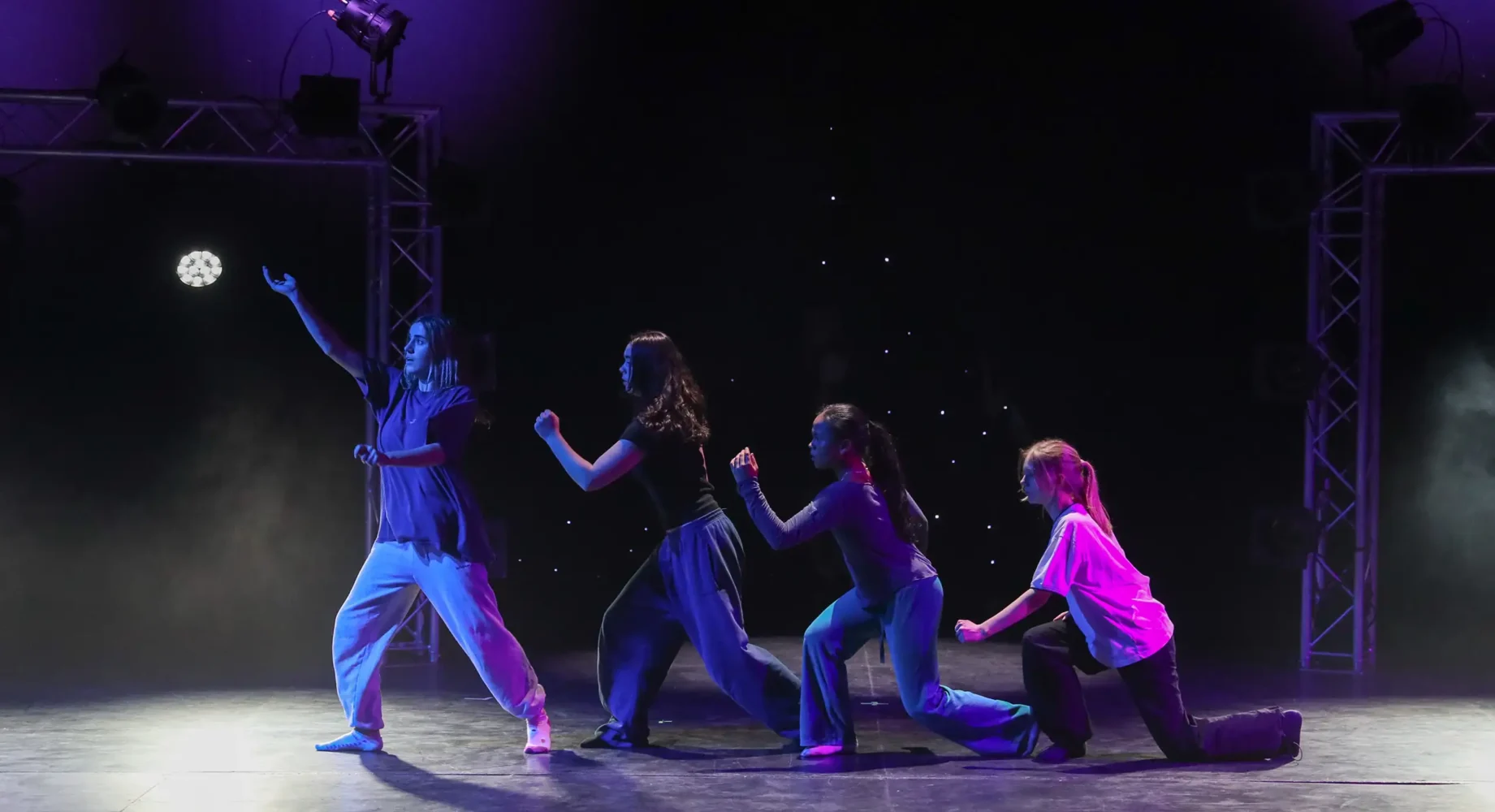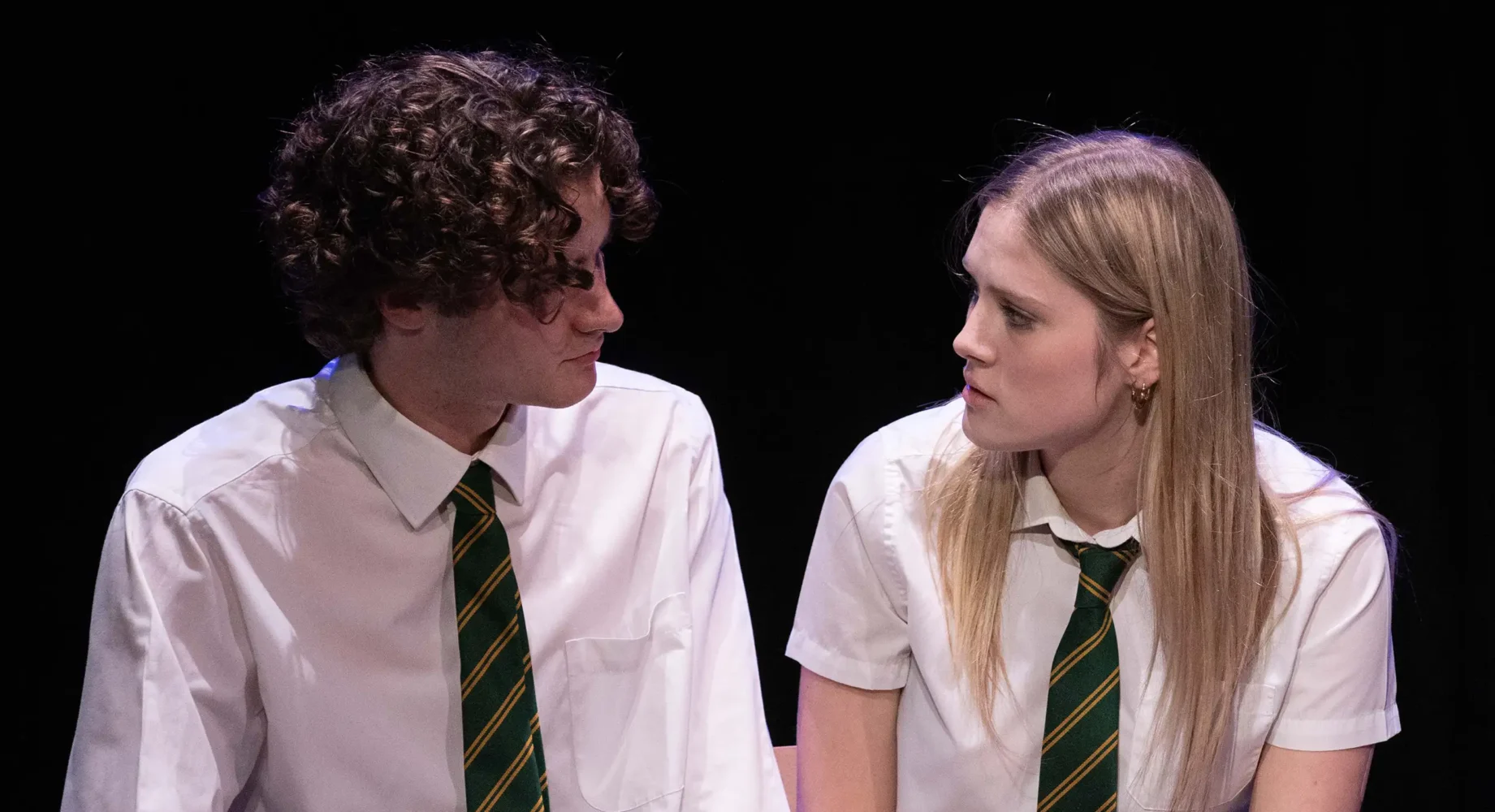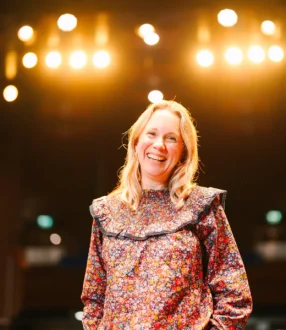Bryanston’s performing arts facilities are impressive with a wide range of performance spaces across the school. Coade Hall is our 600-seat purpose-built theatre with a sophisticated system of stage lighting and sound. We also have three small studios and a large Greek Theatre that provides a beautiful setting for outdoor productions in the summer.
Theatre companies and professionals from the world of performing arts regularly visit Bryanston to perform to the school as well as to the general public and lead master classes for our pupils.
Across the year pupils attend National Theatre and Royal Opera House productions at live screenings in our theatre. The department also runs 7-8 theatre trips a year to venues across the country to fully immerse pupils in the professional world.
